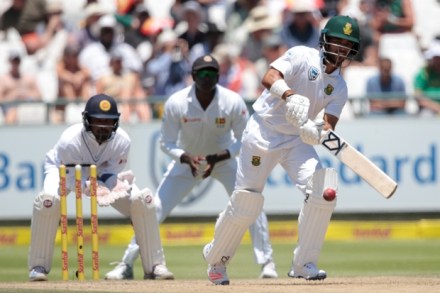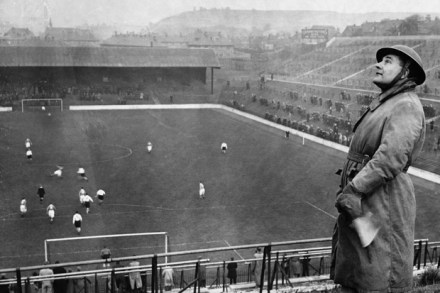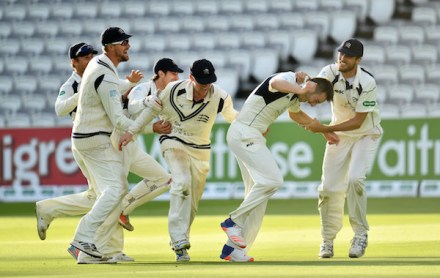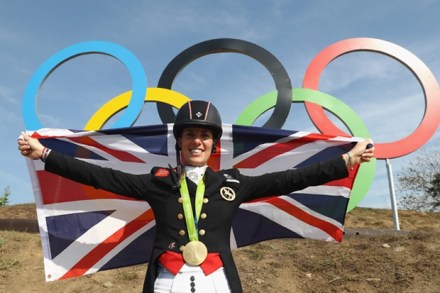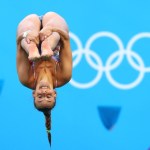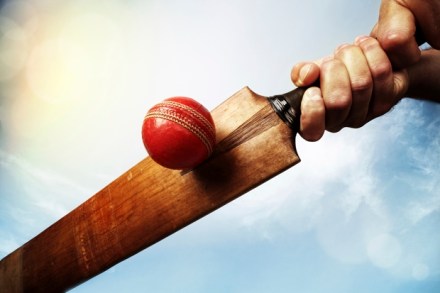Letters | 12 January 2017
Freudian slap Sir: In his Notes (7 January), Charles Moore explores the uncharacteristic reaction of Matthew Parris to the referendum result. What is most puzzling about Parris and so many others like him is that their present outrage has so little in common with their rather tepid support for the EU in the run-up to the vote. Such a mismatch of cause and effect suggests a Freudian explanation may be appropriate. When an impulse is felt to be so dire that it cannot be expressed, a new object is substituted and the feelings are thus ventilated. Yet what original threat could be so catastrophic as to provoke such end-of-our-world hysteria



